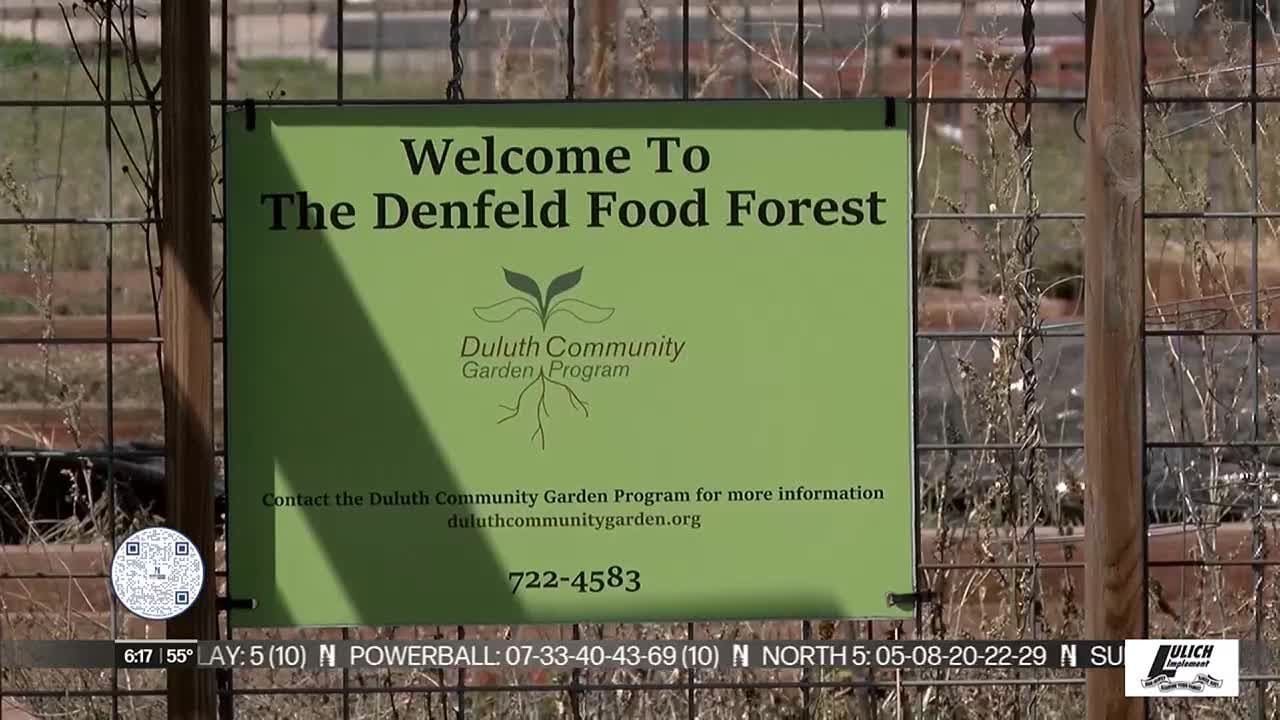Complaints about wandering goats damaging property have gone unresolved over the last four years after Far North District Council’s Keeping of Animals Bylaw was revoked in 2019.
Complaints about smelly pigs, noisy roosters, animals in rubbish, escaped goats and horses wandering on roads making unwanted “deposits” have gone unresolved in the Far North for the last four years as a critical bylaw has been allowed to lapse.
Far North District Council’s Keeping of Animals Bylaw (2007), also known as The Control of Animals Bylaw, was automatically revoked in 2019 due to it not being reviewed in time.
The council has finally moved to develop a new bylaw to regulate the control of animals in the district, but not before “a high number of animal complaints were received” and were unable to be addressed.
“Council staff frequently encounter known and perceived issues relating to animals with limited ability to enforce against [those issues],” a council report said.
Advertisement
“Many problems and issues encountered are unable to be resolved under the legislation or abilities currently available to Council.”
The bylaw covers bees, poultry, pigs and other domestic animals and is separate from the Dog Management Policy and Bylaw, which relates to the Dog Control Act.
Since it lapsed, the council has responded to animal issues under the Health Act 1956, which “does not provide clear expectations or guidance around the keeping of animals”, the report said.
“This presents a challenge when dealing with issues, [and] creates a risk of ad-hoc management approaches and a lack of consistency.
Advertisement
“Often, there is no appropriate mechanism to offer a resolution to the issue.”
Councillor Steve McNally said staff had “no power to act under the Health Act”.
“We’ve still got the Dog Control Act; it’s really about making this bylaw about the keeping of animals. It’s really dangerous if animals are on the road, especially at night.
“The fact we’ve been acting under the Health Act has caused problems where staff simply can’t act when they need to. It’s all about ensuring animals are looked after properly and having the power to speak to the owner.”
The council determined at its May 4 meeting to develop a bylaw under both the Local Government Act 2002 and the Health Act 1956.
/cloudfront-ap-southeast-2.images.arcpublishing.com/nzme/AWZD56TESVHJ7AA3AQKDOGAXN4.JPG)
This comes after a review of Request for Service (RFS) data between January 2021 and January 2023 outlined “a high number” of animal complaints were received and unresolved.
These included issues with the number of chickens in an urban environment, wandering goats damaging property and poultry without adequate housing or care.
The report also mentions uncontrolled beehives in urban areas, noisy and smelly pigs and wandering horses leaving “horse deposits” on public roads.
The council’s planning and policy group manager Roger Ackers said a review was undertaken in 2019 which identified that seven bylaws had not been reviewed within the required statutory timeframe and were therefore revoked.
“The council has since changed its processes to ensure future bylaws are reviewed within the required timeframe.
Advertisement
“The council prioritised the review of existing bylaws to ensure they were reviewed within the required timeframe and to prevent more bylaws being revoked.
“The Control of Animals Bylaw is the last of the revoked bylaws to be remade.”
/cloudfront-ap-southeast-2.images.arcpublishing.com/nzme/PDXZNPJH6NEZBHG6W2ES247I3Q.JPG)
SPCA science officer Christine Sumner said bylaws can be “the motivation” for local councils to address animal-related issues in communities.
“We have seen this in Whangārei, where the passing of a bylaw to require cats to be desexed and microchipped led to the creation of a compliance officer that works with community members to facilitate these behaviours.”
Sumner said advancing welfare for all animals in New Zealand requires diverse groups to work together towards common goals.
“Local government has an important role to play in working with key community stakeholders to facilitate and co-ordinate community-based activities that can promote positive outcomes for both people and animals.”
Advertisement
Ackers said work on the new bylaw “is still at a very early stage and it is not possible to provide details on specific changes”.
Once drafted, the bylaw would be released to the public for feedback, he said.



